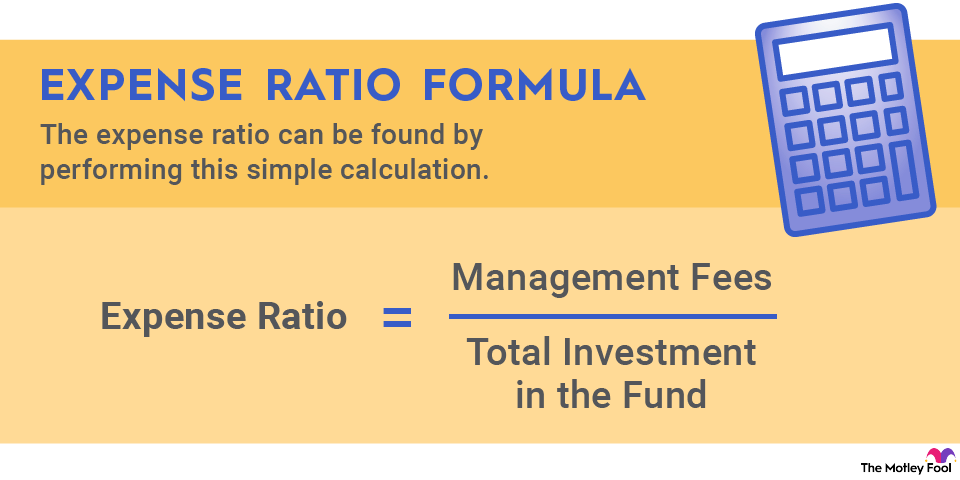National banks in the U.S. serve a diverse customer base, including both individuals and businesses. In fact, a significant portion of Americans do their banking at national banks to access a wide range of services such as checking and savings accounts, loans, credit cards, and investment products.
National banks also cater to businesses of all sizes, from small to large corporations. They offer services tailored to businesses, including commercial lending, treasury management, and wealth management. Here’s what you need to know about national banks and how they work.

What is a national bank?
In the U.S., a national bank is a commercial bank that is federally chartered and regulated by the Office of the Comptroller of the Currency (OCC). It is a member of the Federal Reserve System, and its deposits are insured by the Federal Deposit Insurance Corporation (FDIC).
The FDIC guarantees deposits up to $250,000 per depositor, per insured bank, for each account ownership category. National banks operate under a charter granted by the OCC and are authorized to provide a wide range of banking services, including accepting deposits, making loans, and managing financial transactions.
What is the difference between a state bank and a national bank?
National banks and state banks operate under different regulatory frameworks, with several key distinctions. State banks receive their operating permit or charter from individual state governments, while national banks are chartered by the federal government. National banks can operate across state lines and typically have a broader reach, operating on a national scale. State-chartered banks generally operate within the boundaries of the state that granted their charter, often serving local or regional markets.
National banks, with their broader reach and greater resources, often offer a wider array of financial services and products, catering to a diverse customer base nationwide. On the other hand, state-chartered banks may tend to focus on serving the specific needs of local communities and businesses within their state. Importantly, national banks are legally required to be members of the Federal Reserve System, while state banks have the option.
What are the benefits of national banks?
National banks typically have a large network of branches and ATMs across the country, making it easy for customers to access banking services regardless of their location or travel plans. These banks generally provide a vast array of financial products, and often invest in cutting-edge technology, offering robust online and mobile banking platforms for convenient account management and transactions.
The large asset base and established presence that national banks have can instill confidence in customers, particularly during times of economic uncertainty. National banks are also subject to strict regulatory oversight, which can provide an added layer of security and reassurance to customers. Some national banks have an international presence, offering services and expertise to both individual and business customers involved in global trade and investment.
Related investing topics
The bottom line
National banks provide a diverse range of financial services to a broad customer base, including individuals seeking various financial products, as well as businesses and other organizations looking for credit, financing, and specialized banking solutions. There are many publicly traded national banks that include the likes of JPMorgan Chase (JPM +1.57%), Bank of America (BAC +1.47%), Wells Fargo (WFC +1.17%), and Citibank (C +2.82%).



















